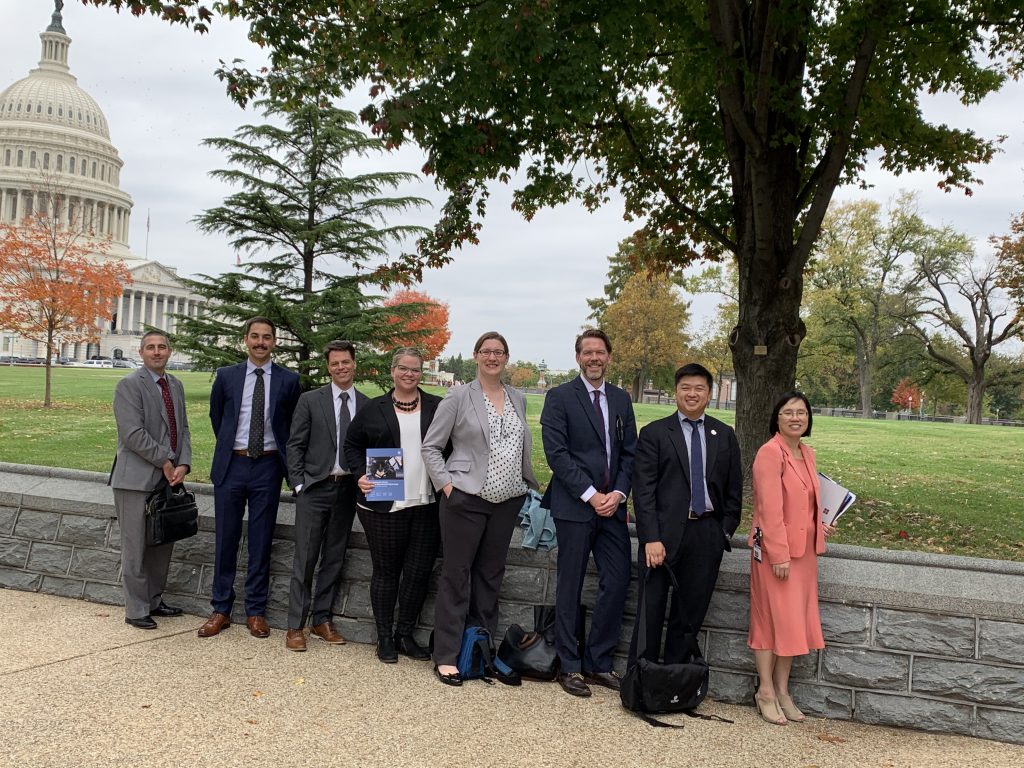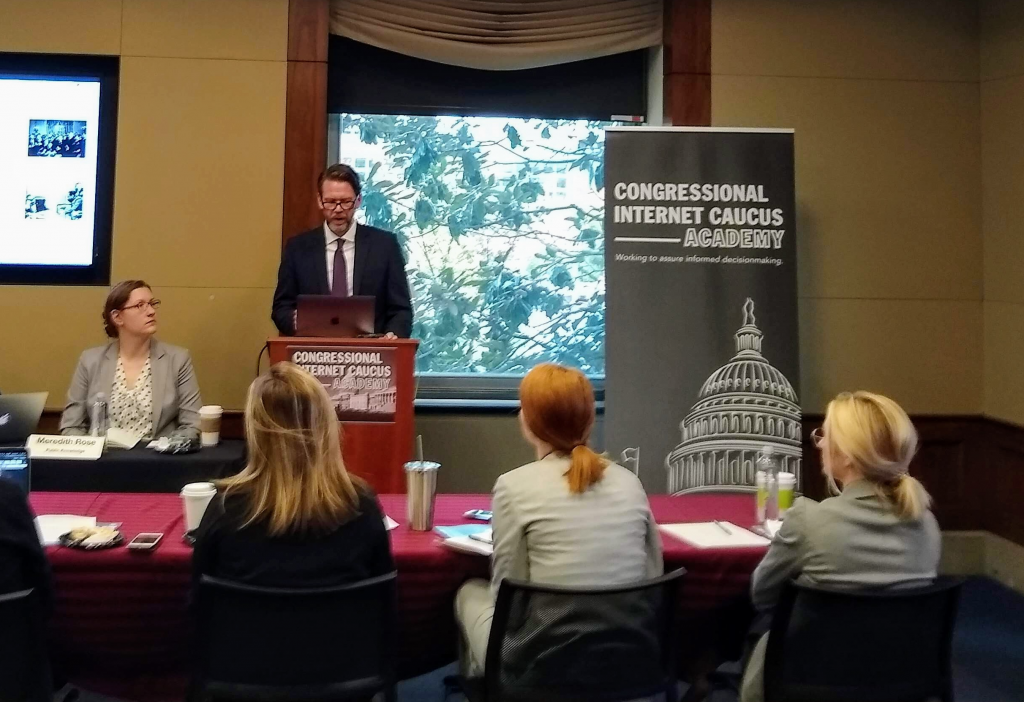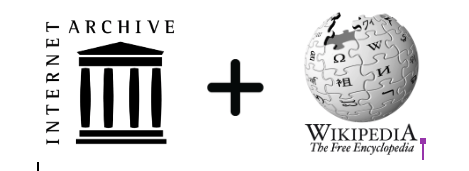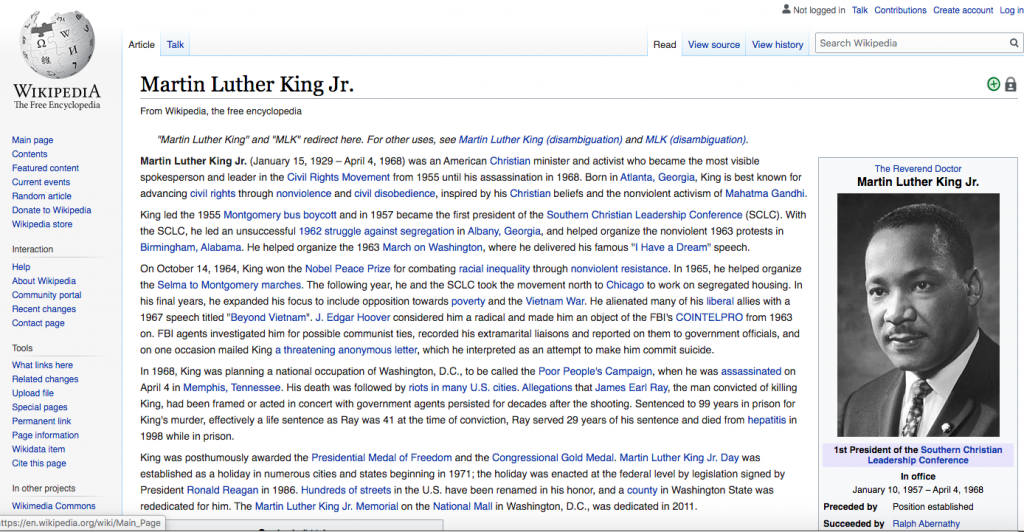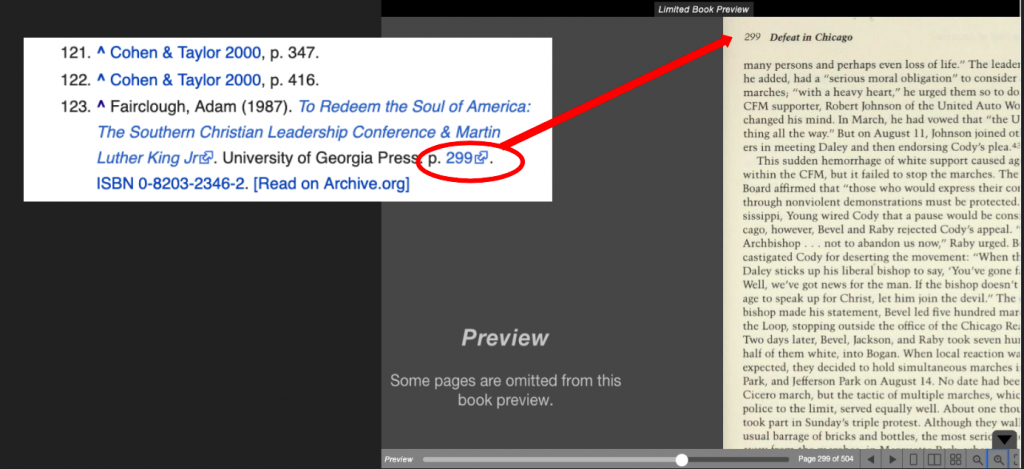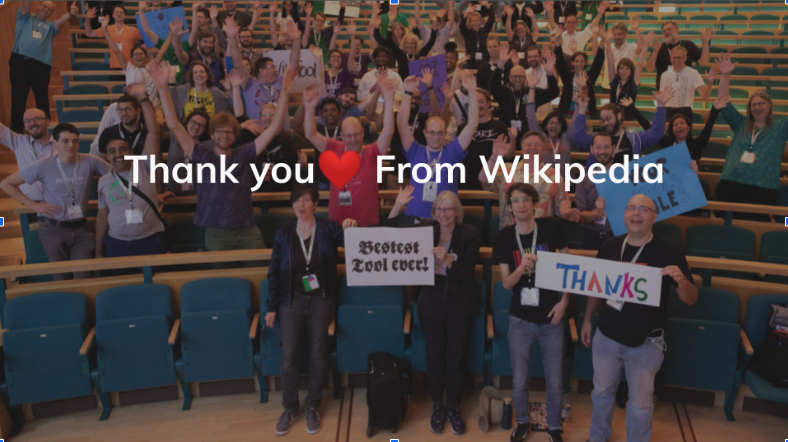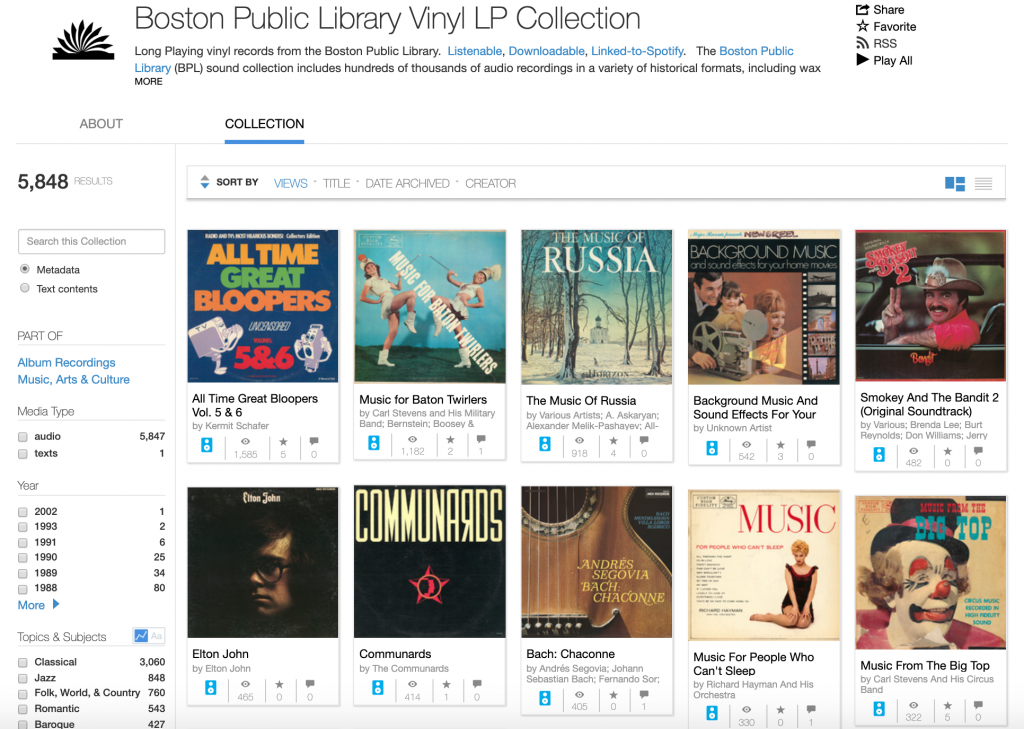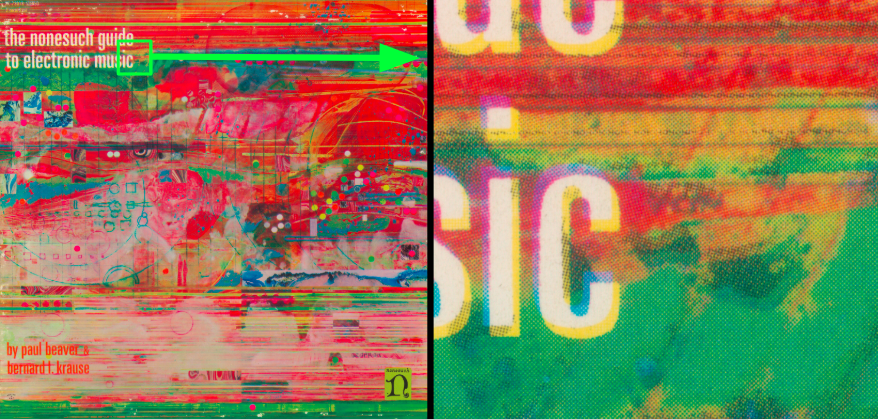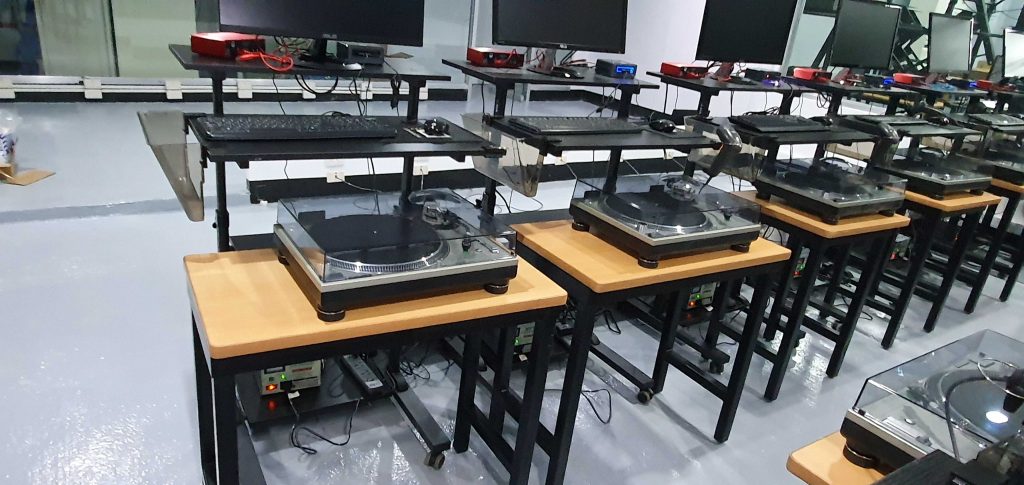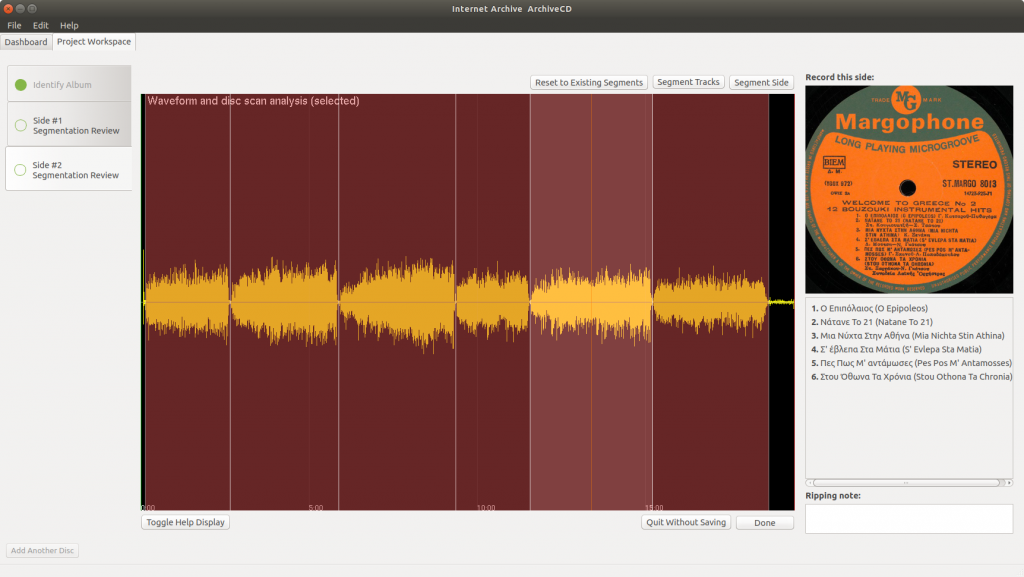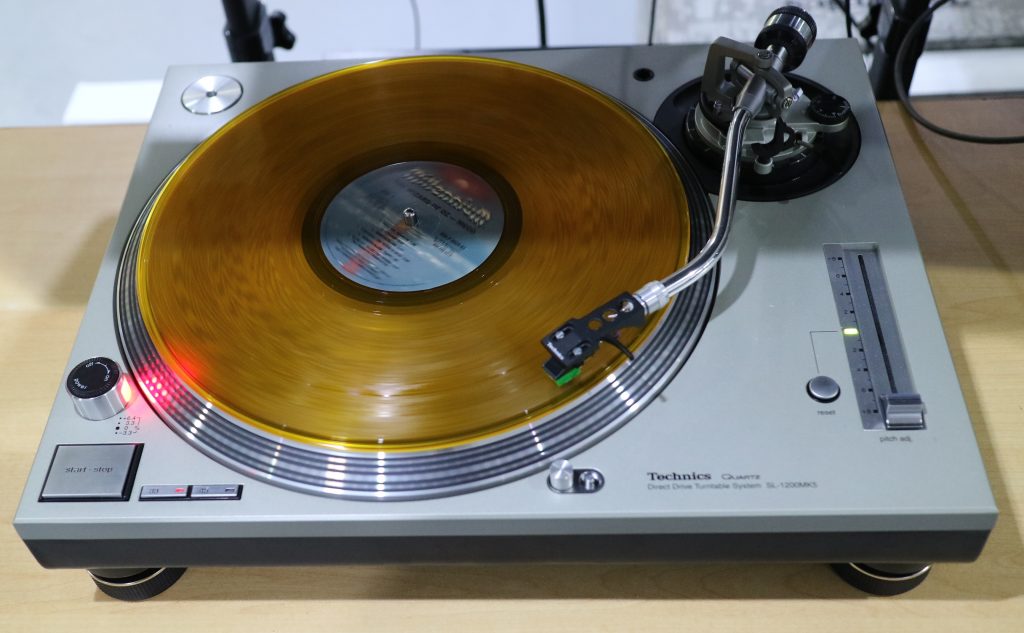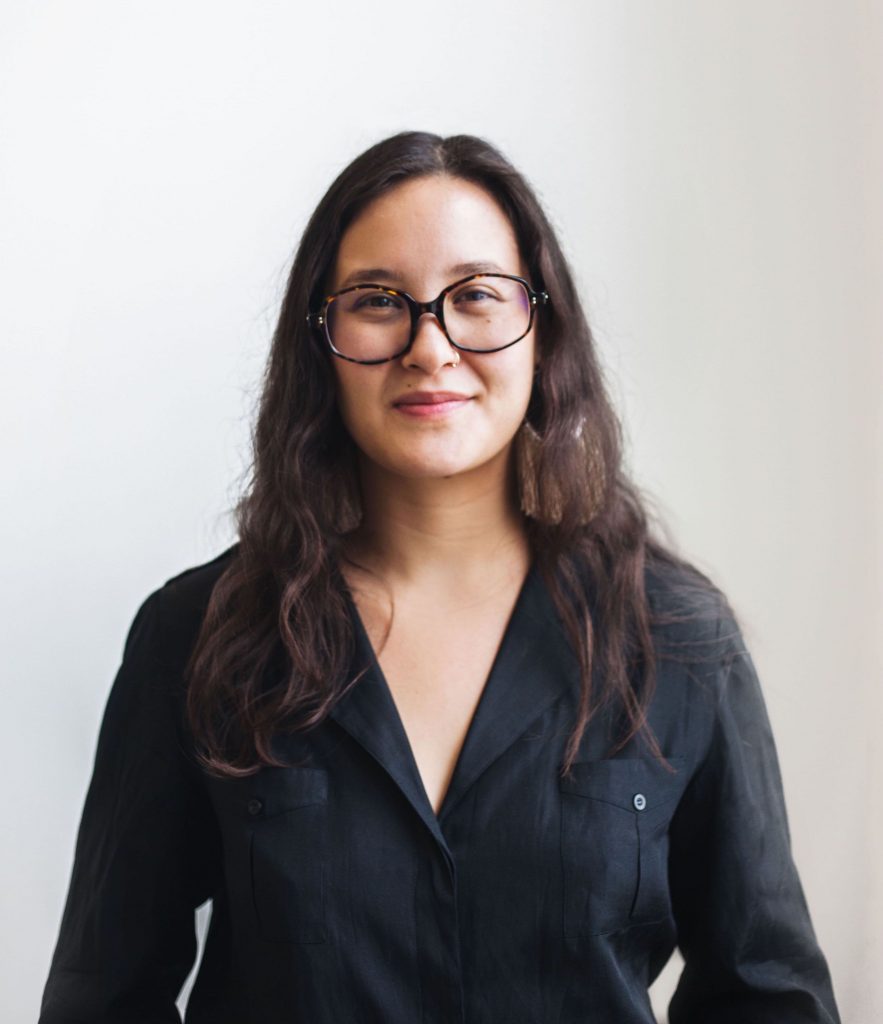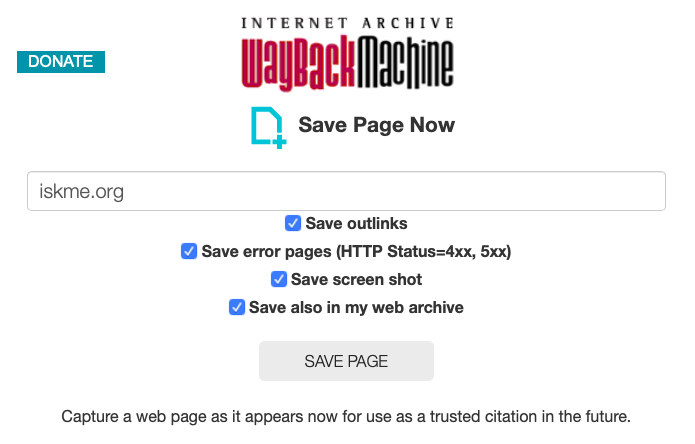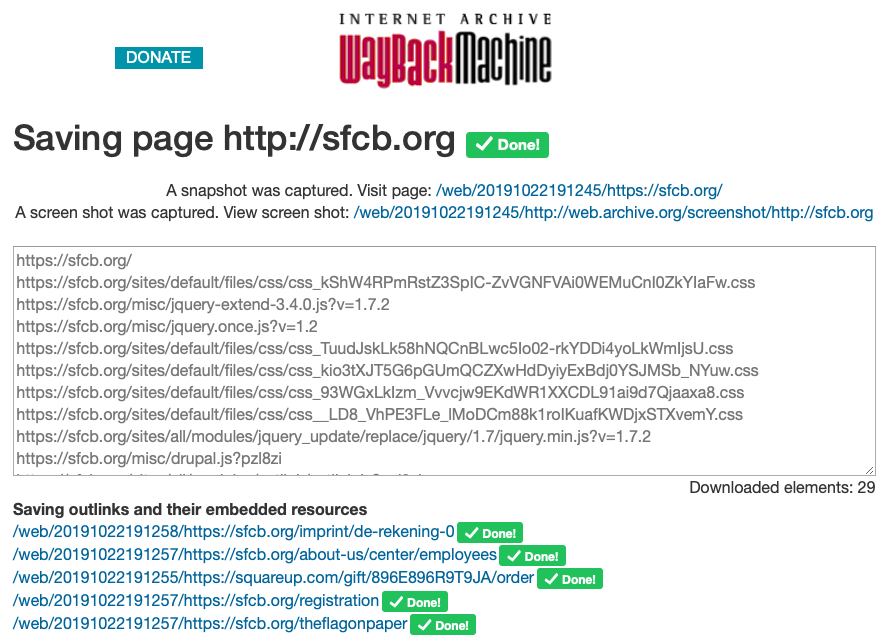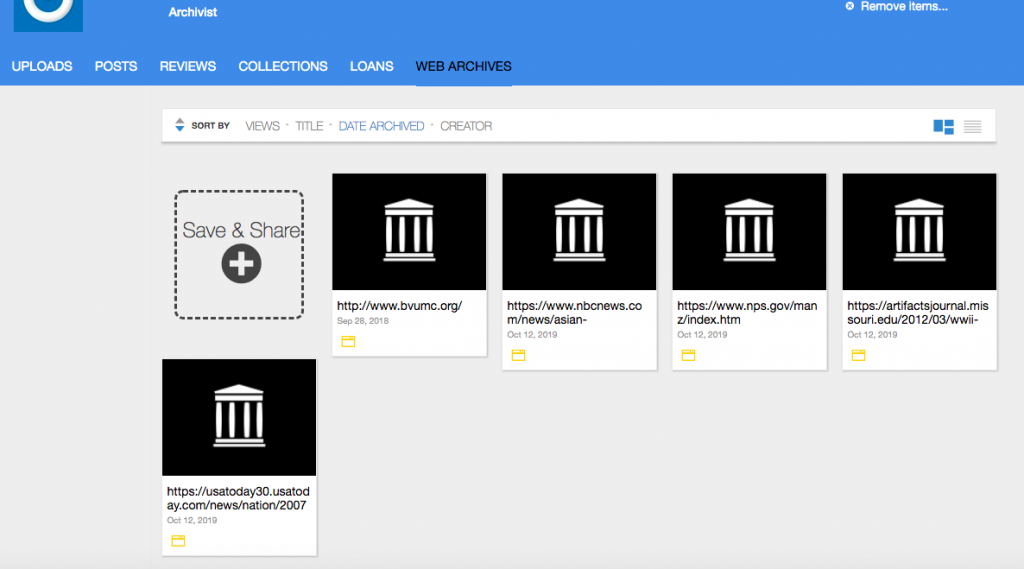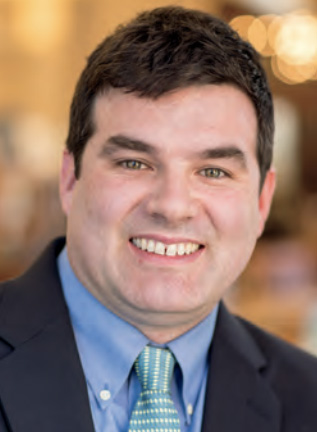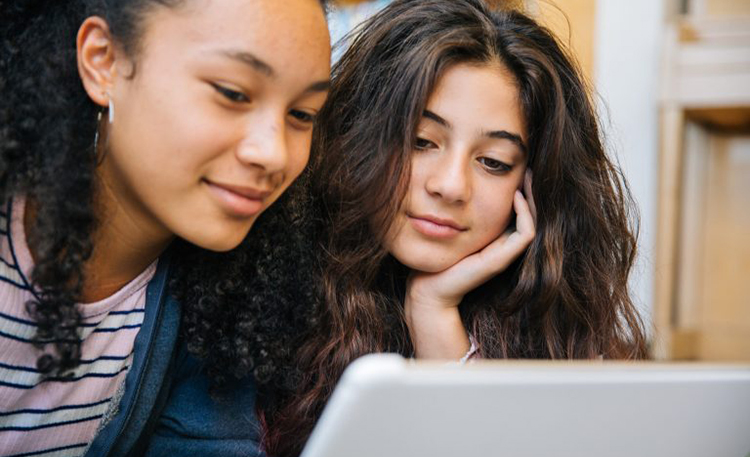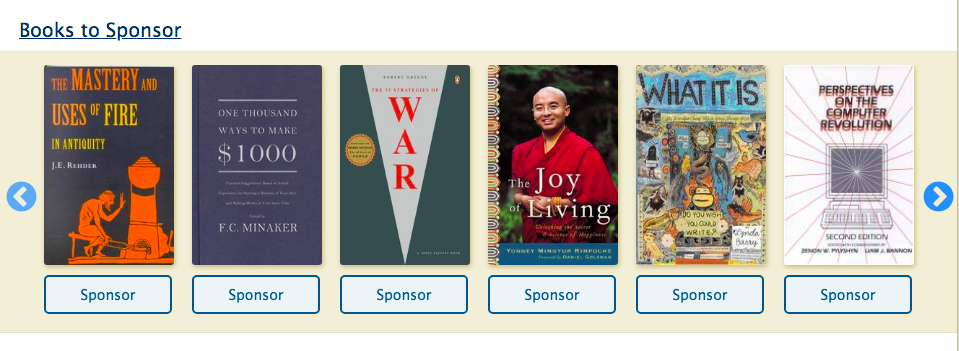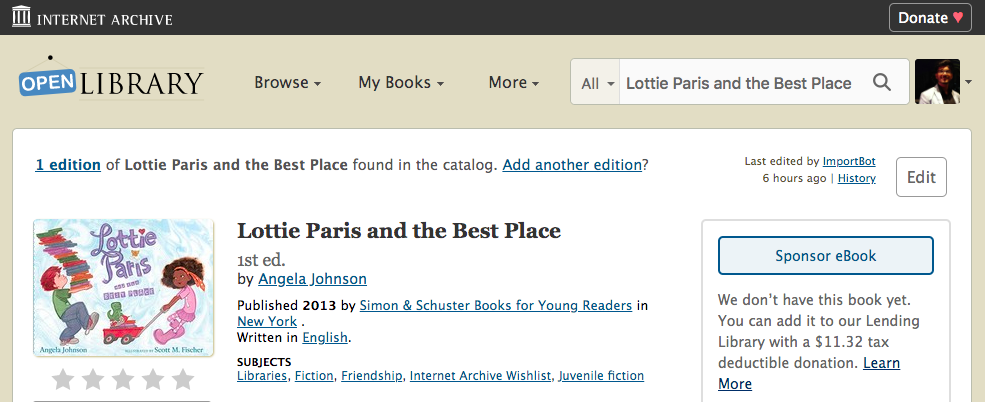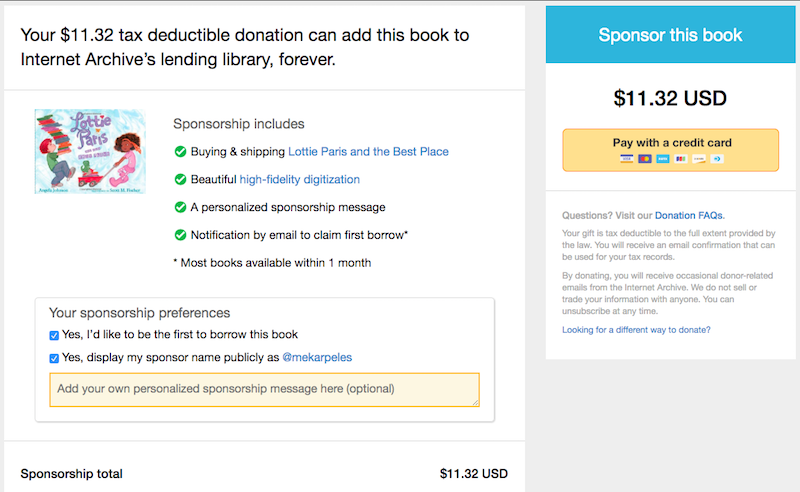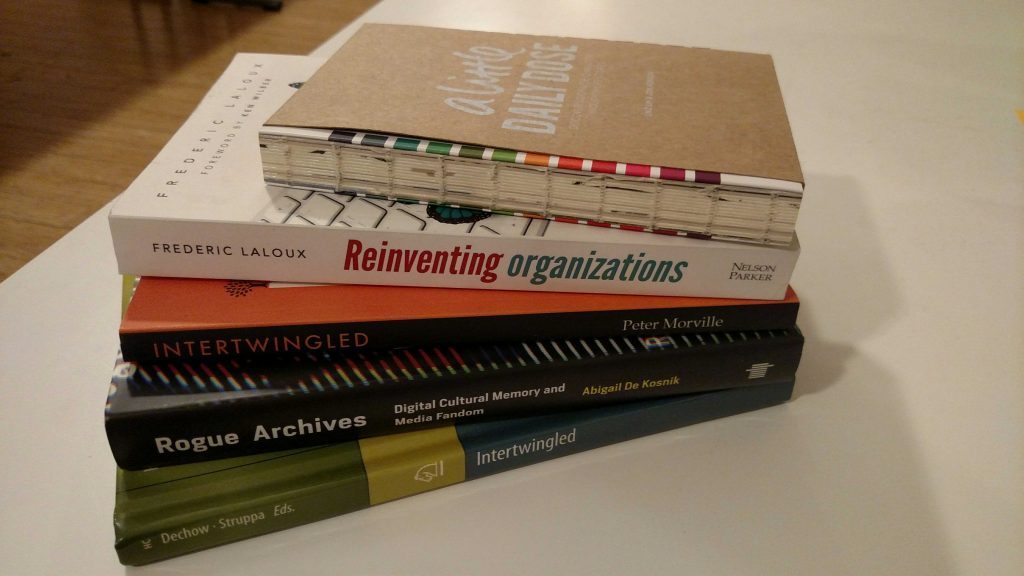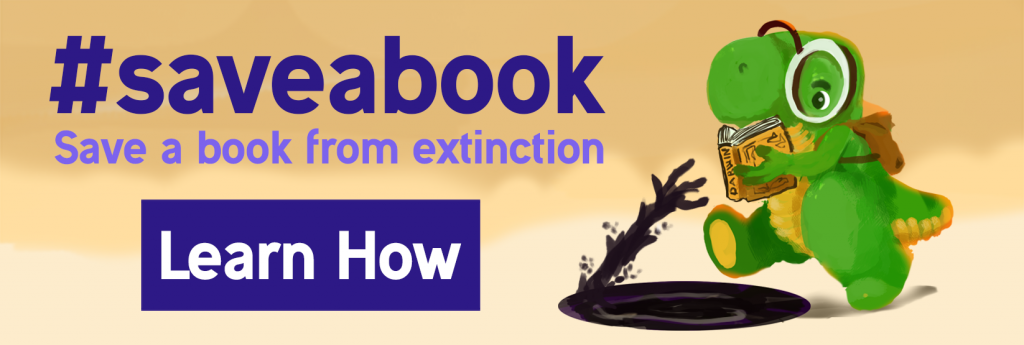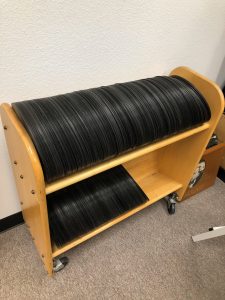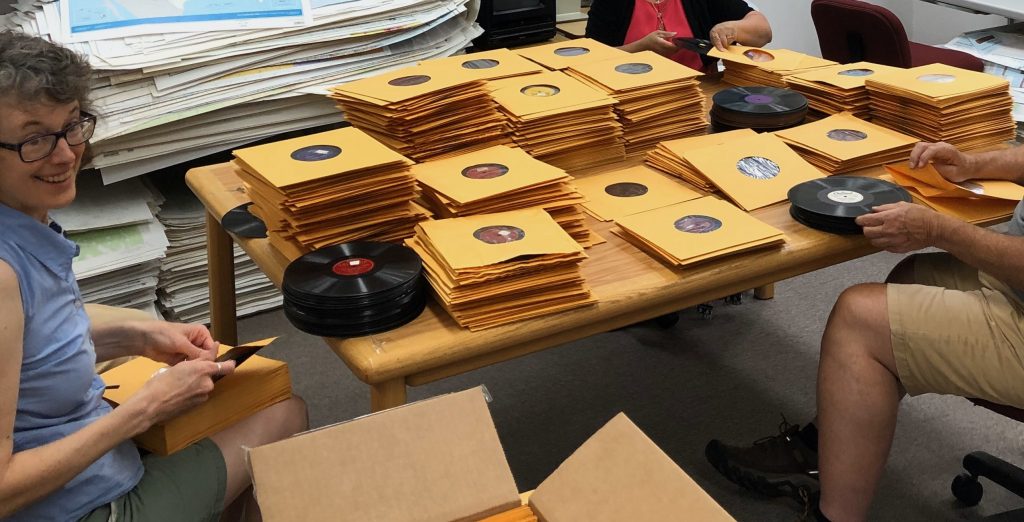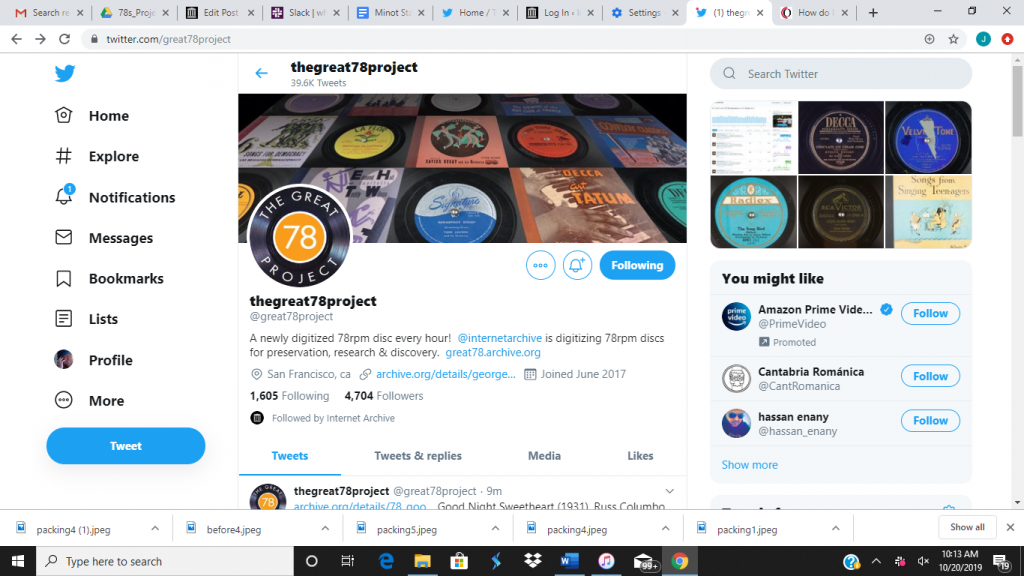
The following blog post was written by freelance writer Caralee Adams about the Internet Archive’s Library Leaders Forum, held on October 23 at San Francisco Public Library.
As enthusiasm grows for making library collections more accessible, the Internet Archive hosted an event to build a community of practice around Controlled Digital Lending (CDL). A diverse group gathered for the 2019 Library Leaders Forum Oct. 23 to share stories and strategies for libraries to expand their reach by lending out digital books based on their physical collections.
Why is this important?

“At the Internet Archive, we have a strong belief that everyone deserves to learn. We want to offer up the greatest digital library the Internet has ever seen to the world for free,” said Chris Freeland, Director of the Internet Archives’ Open Libraries program. “We think that everyone, regardless of where they live, should have ready access to a great library. More importantly, we think it should be available on phones and mobile devices that people turn to today. We want to make sure they have access to vetted, trusted information that’s held in libraries.”
The mantra of CDL: “Own one, loan one.” The idea is that a library can make a choice of lending either a physical copy or a digital version of a book.
The Internet Archive has been doing CDL since 2011, beginning with the Boston Public Library. Now two dozen other libraries of all sizes in the U.S. and Canada have embraced the model. Librarians from some of those institutions spoke about their passion for the practice at the forum.
The meeting provided an overview of the legal issues, policy considerations, and examples of CDL in action. The appeal to library leaders gathered was to endorse CDL, join Open Libraries, donate books to the Internet Archive for scanning, and volunteer to help with a new serials project.
Helping libraries see what’s possible

Michael Lambert, City Librarian at the San Francisco Public Library, which hosted the event, shared his institution’s experience as an early partner with the Internet Archive on Open Libraries and CDL. Beginning with city government documents and historical materials, SFPL created an entire scanning department. To date, the library has digitized 13,000 books and documents with the Internet Archive, which have received over 7.5 million views. Since November 2018, SFPL has donated 30,000 copyrighted books to the Internet Archive as part of its community distribution program.
“Having this alternative virtual lending site as an option has been great,” Lambert said. ”Librarians have been able to confidently weed excess, outdated materials from our collection, secure in knowledge that the books will not disappear, but rather have a new life where people around the world can read and research the materials that SFPL has meticulously collected over the decades.”
The Internet Archive embodies library values: persistence, comprehensiveness and accessibility, said Lambert. “The Archive has become a crucial part of the broad library information eco-system,” he said. “They have provided examples that have challenged traditional libraries. The Internet Archive helps other libraries see what’s possible.”

What Internet Archive Founder Brewster Kahle hopes is possible is digitization will allow more online sources to be linked to books, providing people trust information.
“If Wikipedia is the encyclopedia of the Internet, we are trying to build the library of the Internet,” Kahle explained at the forum. “Let’s make it really easy for people to go deeper.”
So far, the Internet Archive has turned 122,000 references on Wikipedia to digitized book links through its online library. Still, a century of books is missing after 1923 because of copyright laws. Kahle called on libraries to help fill that gap.
As part of that strategy, the Internet Archive is trying to institutionalize CDL, a practice that has been successfully working in a handful of libraries for eight years with no negative pushback. Yet, it has not been widely embraced. Kahle appealed to libraries to endorse CDL and donate books for scanning to address the larger goal of universal access to knowledge.
Framing the approach
The forum hosted experts to explain the legal underpinnings of CDL and discuss how the concept fits into the overall push to level the playing field for access to information.
Lila Bailey of the Internet Archive moderated a conversation with Kyle Courtney, Copyright Advisor at Harvard University, David Hansen, Associate University Librarian at Duke University, and Michelle Wu, Associate Dean for Library Services and Professor of Law at the Georgetown Law Library in Washington, D.C.
They have written a paper spelling out how libraries can practice CDL within the confines the fair use doctrine in current copyright law. Copyright law established in 1976 and dating back to 1950 does not reflect the digital reality today and it should allow flexibility for libraries to lend out one book at a time – no matter what the format – digital or print, they maintain.

To garner broad support for the concept of CDL, John Bergmayer of the nonprofit, Public Knowledge, spoke about the need to build relationships with lawmakers and educate them on the issue. This summer, he led a group engaged in CDL to The Hill in Washington, D.C. to brief members of Congress and their aides on the importance of expanding access to library materials through CDL.
“You have to make a project matter to the politicians,” explained Bergmayer. In the case of CDL, it’s about outlining the benefits of providing access to rural patrons, protecting materials from damage from disasters, saving libraries money, and helping K-12 school libraries, among others. “You want to get people to do the right thing for their reasons, not your reason — and show how your issue affects voters.”
Heather Joseph, Executive Director of the Scholarly Publishing & Academic Resources Coalition (SPARC), said CDL fits into the larger open agenda that advocates for unrestricted access to research. “It’s a vision based on opportunity,” said Joseph. “An old tradition and a new technology have converged to make possible an unprecedented public good.”
Now more than ever, in an era of “fake news,” and “alternative facts,” free, immediate access to high-quality vetted, source material is crucial for scholars, scientists, students, journalists, policymakers – everyone, she said.
“CDL is a pragmatic, incremental step towards open that operates in a way that’s respectful of libraries current operations and of copyright. It moves the needle towards open,” said Joseph. “CDL can contribute to collective movement towards a full vision of open access to knowledge.”
Opening Doors for Students

Making digital books more widely available to students has the potential for remedying inequities in education. Nationwide, public school districts have lost 20 percent of their libraries and librarians in recent years. Lisa Petrides, founder of the non-profit Institute for the Study of Knowledge Management in Education, has embraced CDL as a model to build a Universal School Library (USL) and connect students – particularly from under-resources schools — to relevant materials that increasingly are digital.
“CDL holds the potential to broaden access to knowledge in public schools in a way that schools haven’t even begun to tap,” said Petrides, who is trying to curate an inclusive collection of 15,000 high-quality digitized books. “We are taking an equity lens in terms of diversity.”

The Detroit School of Arts will be piloting USL and Librarian Karen Lemmons said she was excited to be able to offer her high school students books they can access while they are on the go. “This might give them an opportunity to read in between practices. They can pull out their phone and read a few pages. It’s mobile and flexible,” said Lemmon, noting that reading is closely linked to student achievement. “Our students really do want to be the best.”
Lemmons said she wants to be a model for other urban schools. “We want to be a driving force to get other libraries involved,” said Lemmons. “This is a data-driven district and we will need data to show reading more makes a difference in student performance.”
When the prestigious Phillips Academy in Andover, Massachusetts, recently was doing a $20 million renovation to its library, the Internet Archive approached it about digitizing their collection. The library already had its books packed on pallets, but instead of storing them decided to have them all scanned, explained Michael Barker, Director of Academy Research, Information and Library Services.
“We had this very well-intentioned idea to create a space for learners of the 21st century. It’s all good. It is a space of immense privilege. But it takes a vision to think well beyond our campus to say that belongs to every learner. That opportunity is to digitize the entire collection – that’s why we are all in,” said Barker of the school’s decision to participate in CDL “It goes to the heart of what Phillips was founded on. This school is for youth from every quarter and we try to live out that ideal as a private school for a public purpose.”
Next, Barker said he would like to see peer prep schools join the CDL model to further expand access to schools without the same resources.
CDL in Action
As the first library to use the CDL approach, the Boston Public Library recently extended its offerings by scanning its historic Alice Jordan Collection of 250,000 children’s books that were in storage. It has also digitized city directories, cookbooks and other fact-based documents in its catalog. Recently, it got permission from Boston-based publisher Houghton Mifflin to digitize its entire trade collection that is housed at BPL.
Expanding its CDL involvement, BPL’s Tom Blake challenged participants to bring another partner library next year to the forum.
“This the first time, I feel like it’s less about digitization and scanning and more about us, as librarians, leveraging not just our collections, but our historical collection policies with each other,” said Blake, who has been attending the library leaders forum for 10 years.

In discussing how to improve the CDL process, meeting participants suggested adjusting the amount of time users checked out titles and allowing for short-term loans. Perhaps smarter return and wait-list notifications could be developed to encourage faster processing of books. Others said re-branding Digital Rights Management (DRM) software with a different moniker to that would be more appealing to librarians.
In Sonoma County, California, Geoffrey Skinner said its 14 public library branches have just starting to participate in CDL. It first scanned documents in the history and genealogy library, then digitized its specialized wine library.
“We are doing a massive weed of our closed stacks. By taking those material to the Internet Archive, we will have digital access back,” said Skinner. Having library materials online will benefit many of the county’s rural users who otherwise travel far to access the physical books and provide access for print-disabled patrons.
Justin Gardner, Special Collections Librarian at the American Printing House for the Blind in Louisville, Kentucky, said digitizing 9,000 books in its collection has preserved rare and fragile documents, including books autographed by Helen Keller. Also, being located in Kentucky, it gives people interested in their materials from anywhere.
“We are becoming the go-to place for visual impairment materials,” said Gardner. Now these research documents are in an accessible form for people who have visual impairments and have never been able to read these materials before they were digitized.
Moving forward

At the forum, Mike Buschman of the Washington State Library announced that the Chief Officers of State Library Agencies (COSLA) voted to endorse CDL. “It feels like it’s entering a new, good phase – a traction phase,” he said.
Kahle emphasized the need for CDL to be a community project and build a deeper collection. “We have to brave up,” he said. “We just act in good faith. We aren’t pirates. We are trying to do the right thing.”
Chief Librarian and CEO at the Hamilton Public Library in Canada Paul Takala said his institution is an enthusiastic supporter of CDL. With a long history of innovation, moving forward with digitizing is the right move – despite the technical challenges – to make information more accessible to patrons, he said.
“Deeper collaboration is needed. It’s hard to get adequate resources,” said Takala. “As a library community, we are generally risk adverse. When we talk about CDL, I think we need to take a more balanced view….If we make what’s available in our community to other communities – and others make their collections available – then everyone wins.”
Dale Askey, Vice Provost at the University of Alberta, said he liked Takala’s challenge to pull more Canadian institutions past their risk aversion to embrace CDL. “It’s great to see people aligning behind these principles and taking this to scale,” said Askey, whose university has scanned an historic collection of education materials with zero negative impact. “There is a strong history and impulse at the university to do things with maximum benefit to the largest possible community.”
Princeton Theological Seminary is piloting CDL and it has created a secure area in its library for the physical collection, so that when a digital copy is checked out that the physical copy will reside there. Participating the program has great potential benefits for the seminary’s reach, according to Managing Director of the Library Evelyn Frangakis.
“The PTS comprehensive theological collection is in high demand and the CDL library allows increased accessibility to all users, including those with various print disabilities,” said Frangakis. “I think CLD is gaining momentum. That’s really heartening for broad access to the materials that we are able to contribute to this program. It’s going to continue to grow.”
Ross Mounce, Director of Open Access Programmes at Arcadia, a charitable fund of Lisbet Rausing and Peter Baldwin in London, said he was encouraged by participation in the forum and said action points were clear and institutions can choose their level of engagement.
“It’s nice seeing things moving forward. At the end of the day, it just makes sense,” said Mounce of CDL. “If you own a physical copy of a book, you should be able to loan a digital version of it. Libraries should be able to lend books.”
Added Wu of Georgetown: “I’m delighted there has been a lot more buy in in recent years. The voices and the participants are much more diverse. Libraries [like Phillips] are willing to go all in and that’s remarkable. It is true that if we get more of those, I think we will see a true movement across the nation.”

